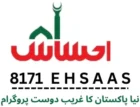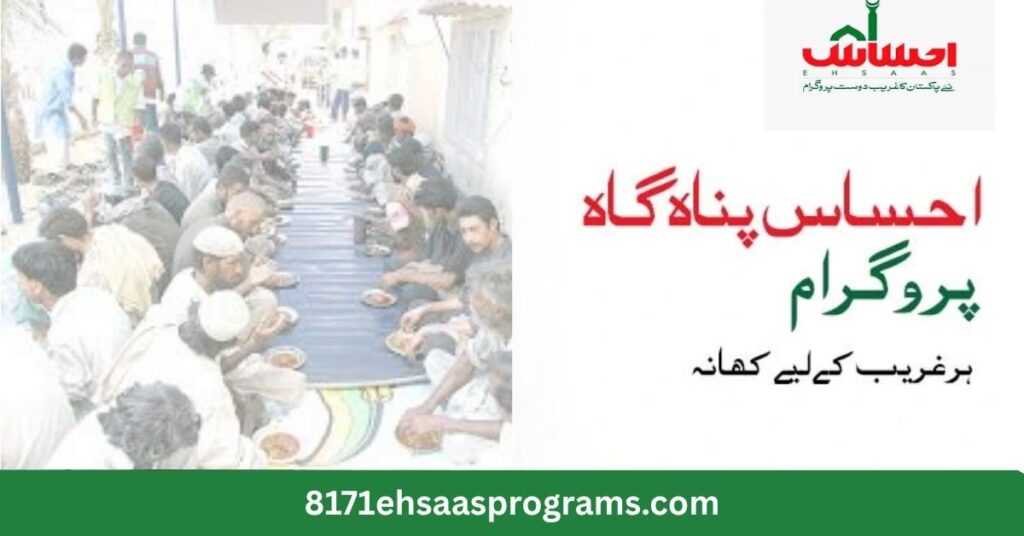The Benazir Income Support Programme (BISP) is Pakistan’s largest social safety initiative, supporting millions of low-income families every month. For many households, this financial assistance is a lifeline—helping them afford food, school supplies, medicines, and other essentials.
Over the years, digital banking, ATMs, and wallet accounts have modernized BISP payments. Yet, BISP Tehsil Offices continue to play a vital role. They remain the first point of contact for beneficiaries—handling complaints, guiding people about payments, and ensuring that stipends reach families without deductions or fraud.
This guide explains the role of tehsil offices in 2025, their key functions, and why every beneficiary must stay connected with their local office.
Understanding BISP Tehsil Offices in 2025
A BISP tehsil office is a service center located at the sub-district (tehsil) level, designed to make the programme accessible for both urban and rural communities.
Currently, there are more than 385 tehsil offices in Pakistan, acting as a link between the government and the people they serve. Instead of traveling to provincial headquarters, families can resolve most issues directly at these local centers.
Services at Tehsil Offices
At a tehsil office, beneficiaries can:
Register under the programme through the NSER survey.
Update household details such as income, family size, or address.
Get payment guidance about banks, ATMs, or wallet accounts.
Submit complaints regarding deductions, fraud, or delays.
Key Responsibilities of BISP Tehsil Offices
Tehsil offices are not just for payments—they handle a wide range of responsibilities that protect and support beneficiaries:
1. Registration & Verification
Families can apply for BISP through NSER surveys at these tehsil offices. CNIC details are verified on the spot to confirm eligibility.
2. Payment Guidance
Beneficiaries often face confusion about whether to collect cash at banks, ATMs, or wallet agents. Tehsil offices provide clear step-by-step instructions to avoid wasted travel.
3. Complaint Redressal
From illegal deductions by agents to delayed payments, tehsil offices record complaints and escalate them to higher authorities.
4. Awareness Campaigns
Staff educate citizens about biometric verification, new policies, and fraud prevention through awareness drives.
5. Special Assistance
Widows, elderly citizens, and disabled beneficiaries receive priority support at tehsil centers.
How Tehsil Offices Support Payment Distribution
Smooth distribution of stipends is at the heart of BISP. Tehsil offices make this possible through:
Beneficiary Guidance – Explaining payment methods, outlets, and ATM usage.
Coordination with Banks/Wallets – Ensuring outlets are active and funds are disbursed correctly.
Fraud Prevention – Recording complaints of illegal cuts and conducting surprise inspections.
District Transfers – Updating records when families move to another city or district.
Documents Required at BISP Tehsil Office
To avoid delays, always carry the following:
Original CNIC of the registered woman.
8171 SMS confirming payment release.
Previous receipts or slips (if available).
Complaint details (shop name, missing amount, etc.).
Household details for NSER updates.
Step-by-Step Process at a Tehsil Offic
| Step | Action | What to Expect |
| 1 | Show CNIC at the reception | Get a token number |
| 2 | Wait in the hall | Queue until your turn |
| 3 | Verification | Officer checks CNIC & 8171 SMS |
| 4 | Explain your issue | Registration, complaint, or payment |
| 5 | Proof issued | Receipt or case number |
| 6 | Follow up | Use case number if issue remains unresolved |
Common Issues Resolved at Tehsil Offices
Unauthorized deductions by agents/shops.
Payment delays due to system errors.
Biometric mismatches at ATMs or outlets.
Wrong outlet details in SMS.
Requests for district transfers after relocation.
FAQs About BISP Tehsil Offices
Q: What if someone demands extra money?
➡ All BISP services are free. Report bribes to 8171 helpline or 0800-26477 immediately.
Q: Can I withdraw money from any shop?
➡ No, only from the outlet mentioned in your 8171 SMS.
Q: What if my CNIC is expired?
➡ Renew your CNIC from NADRA first, then update details at the tehsil office.
Q: I did not receive an 8171 SMS. What should I do?
➡ Visit the nearest tehsil office with your CNIC; staff will check your eligibility.
Why Tehsil Offices Remain Important in 2025
Even though BISP has introduced wallet accounts, ATMs, and digital banking, tehsil offices remain the backbone of the system. They ensure transparency, resolve beneficiary issues, and provide face-to-face guidance for poor families who struggle with technology.
| Role of Tehsil Office | Importance for Beneficiaries |
| Local Service Point | Saves rural families long travel |
| Complaint Center | Protects against fraud & cuts |
| Payment Guidance | Clear instructions for withdrawals |
| Transparency | Surprise visits curb corruption |
| Inclusive Support | Assistance for widows & disabled citizens |
Conclusion
The BISP Tehsil Office remains the most dependable support center for millions of families throughout Pakistan. While technology has modernized payments, tehsil offices guarantee that every beneficiary receives their full stipend without deductions, delays, or fraud.
✅ Always carry your CNIC and 8171 SMS.
✅ Never pay bribes—services are 100% free.
✅ Keep complaint receipts or case numbers safe.
✅ Use helplines if you cannot visit in person.
By staying connected with your local tehsil office, you protect your rights, secure your payments, and ensure financial dignity for your family.



